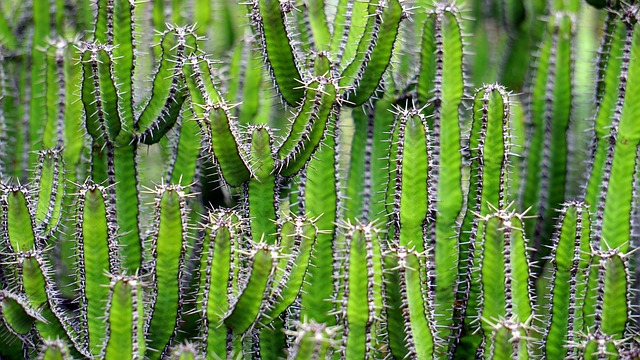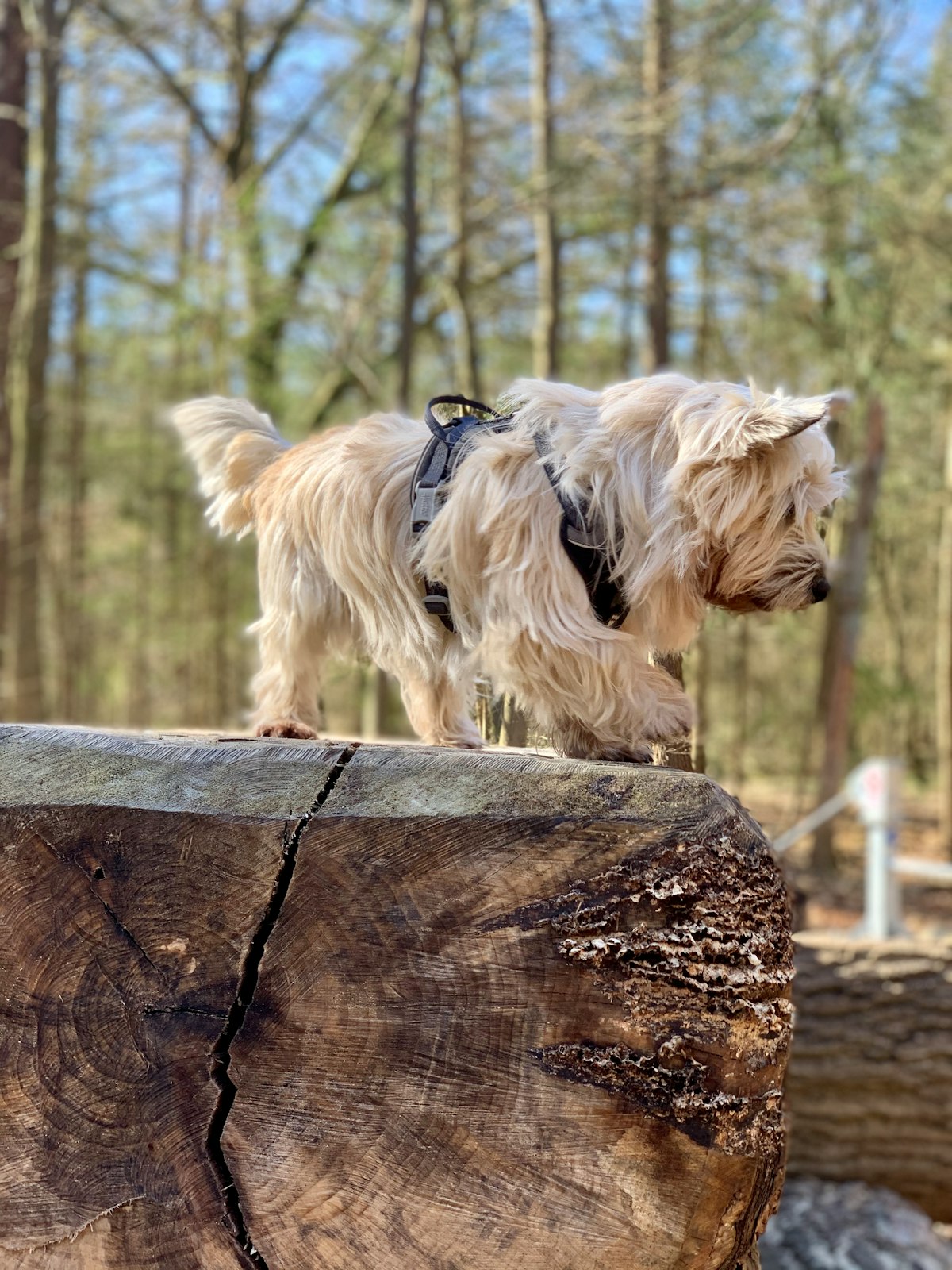
It can be relaxing to garden, and it doesn’t require plenty of money. Family or friend time working in the garden may be a fabulous way to spend time with each other. If you have children that help you in the garden, you will notice their fascination with the way that the seeds will grow into vegetables and flowers. This is a wonderful opportunity to teach your children about nature and help them to develop an appreciation for the great outdoors. This article gives you hints that will make it easier for you to enjoy your garden, and if you are enjoying it, you will be more likely to include others.
When planting perennials, seek out those that are resistant to slugs. Slugs and snails are voracious eaters that can destroy a plant literally overnight. Young plants with susceptible leaves are favorite meals for slugs, including those with smoother or thinner leaves. There are, however, certain types of perennials that slugs and snails hate. Most of these varieties either have tough leaves or taste unappealing. Some of examples of these are achillea, heuchera, campanula, helleborus, and euphorbia.
Make garden tools do double duty as handy makeshift rulers. Tools with long handles, such as rakes, shovels or hoes can work as great measuring sticks. Lay the handles of said tools on the ground where it is flat and there is no interference, such as gravel, and stretch a measuring tape along one side. Mark your distances with a permanent marker. This will allow you to have a ruler at your fingertips when you are working out in the garden.
Pick the proper soil in order to get the best outcome. The soil that is already in your garden might need amending, depending on the particular plants that you want to grow. You may also be able to design an artificial area that contains one type of dirt.
Use slug-proof varieties of perennials wherever possible. Slugs and snails are voracious eaters that can destroy a plant literally overnight. Snails and slugs have a good time destroying perennials that are young and have tender and smooth thin leaves. Some varieties of perennials are not preferred by snails and slugs, particularly perennials that have hairy, tough leaves or a taste that isn’t appetizing. A few great choices are achillea, campanula, and heuchera. Other options from which you can choose are hellebourus and euphorbia.
Plants need C02 for maximum growth. More CO2 generally produces more luxurious plant growth. A greenhouse is the best way to create an environment rich in CO2. To maximize your plants’ growth, make sure to monitor these levels to ensure they’re adequate.
It is important to choose the right type of soil if you want to achieve the best results. The kind of plants you want in your garden should let you know what kind of soil you need to get. It is also possible to set aside a portion of your garden to include just one type of soil.
Bulbs are the best solution to get flowers in spring and in summer. Planting and growing bulbs is very simple, and once planted the bulbs will grow for years. Choose from the variety of bulbs that bloom at various times of the growing season for a garden of color all spring and summer long.
Soil Analysis
Grow wheat or cat grass around the plants your cat likes nibbling. Alternatively, you can try putting mothballs, citrus peel or anything else with an odor that cats find distasteful in the soil surrounding the plants.
Do a soil analysis prior to planting. Soil analysis costs a little money, but the report can inform you how to enrich your soil and open the door to a lush garden. You can often find Cooperative Extension offices that provide this service, which can help to make your garden flourish.
If you want an organic way to weed your garden, try “boiling” them. The safest herbicide that you can probably find is a cup of boiling water. Douse boiling water on the weeds and avoid nearby plants carefully. Weed roots will suffer harm from boiling water, and this will probably stop them from growing more.
There are grass varieties, such as wheat grass or catnip, that will give your feline something to nibble on besides your garden. You could also repel your pet by planting rosemary or placing citrus fruit peels around your garden.
Be vigilant about keeping moisture off your plants. Parasites are attracted to the moisture on plants. In fact, fungi love a wet plant and can cause a great deal of damage. There are many effective fungicide products that will prevent fungi growth and clear up any existing problems as well.
A good green garden should start from seeds and not plants. When starting a new garden, the most environmentally friendly way is to start from seed. The problem is those plastic trays which end up in landfills and are not generally recycled. Plants in organic packagingn or seeds sown in your garden, are fine .
If you are planning to grow plants within the house, the temperature should be maintained between 65 and 75 degrees within the daylight hours. In order to encourage proper growth, they will need that warmth. If your thermostat is normally kept lower in winter, you can use a heat lamp to keep your plants warm enough.
You should be cognizant of the peak time for harvesting your vegetables. Most vegetables have a relatively small harvesting window when they will taste best. For example, baby peas and zucchini taste best when they are picked young. On the other hand, tomatoes taste best when they are as ripe as possible from the vine. Thus, you ought to familiarize yourself with the best times to pick the produce from your garden.
Do you prefer to eliminate weeds without the use of harmful chemicals? Put down old newspapers in several layers for controlling weeds. Weeds need sun for growth, just like any other plant. They will suffocate and die if you cover them with newpapers. Newspapers tend to break down into compost nicely. Use mulch on the top in order to make everything look attractive.
Try to pour a bit of leftover water from your steamed veggies on them. Add coffee grounds or tea leaves to the soil of acid-loving plants like rhododendron and gardenia. If you are having problems with fungus, you may find that sprinkling Chamomile tea on the plant is effective.
If you are starting your seedlings out in small containers, you should use a layer of potting soil that is three times as deep as the size of a single seed. It is important to note though, that not all seeds are covered to this depth, as some need direct sunlight to grow properly. Two common examples of this type of seed are ageratum and petunias. When in doubt about whether a seed requires direct sun exposure, you can find lots of information online or on the seed packaging itself.
To draw good insects to your garden, plant heather. Bees love heather, and when the heather blooms in early spring, it provides a good nectar source for them. Heather doesn’t usually require a lot of tending, so spiders, ground beetles and other good bugs like to call it home. With this in mind, be sure to prune your heather while wearing gardening gloves.
One odd but apparently useful tip for growing organic plants, is to lightly brush your plants with your fingers or a piece of cardboard 1-2 times a day. While it might sound strange, research has shown that this method can increase the size of your plants.
You should add a two to three inch layer of organic mulch to your flower bed. By doing this, you can lock in moisture, discourage weed growth, and nourish your plants. Mulch will also improve the general appearance of your flower beds.
Organic gardening is harder than relying on chemicals, but the results are worth it. While chemical companies may make astounding claims about their products, growing organically is the most rewarding option for you and those who consume your crops.
Bring more value to your property. Landscaping provides some of the best home improvement returns. Certain plant investments could raise your home’s resale value by approximately 20% or possibly more! Seek out plants and shrubbery that require limited maintenance and will adapt well to the natural climate that you live in.
When organic gardening, it is important to know how properly make an ideal bed for your plants. The first thing to do is use a spade and cut under the turf. Then, flip the dirt over and cover it with wood chips. The chips should be about 3-4 inches deep when you’re done. Leave it to settle for a couple of weeks and then you will be able to plant within it.
Use equal parts dried and green plant material for your own compost. Examples of good green material to use for compost include grass clippings, flowers, leaves, and weeds. For the dry end of the spectrum, think of things like paper and cardboard, sawdust, hay, etc. Materials to avoid during composting include diseased plants, meat, ashes and charcoal.
Increase the biodiversity in your organic garden. The more varieties of plants that are around, the more wildlife will be around. Plant things that are well-suited for the environment you live in. If you are able to achieve this, you will have a garden that is a pleasant place to be around and relax, and also you get great satisfaction from knowing you did your part for the environment.
Killing weeds the natural way? Use several layers of newspapers for weed control. Weeds can’t grow without sunlight. If the weeds have already sprouted, you can place the newspapers over them and they will die due to lack of sunlight. The newspapers will break down over a period of time, and will become part of your compost. If you want it to look better, just add a layer or two of much over top of the newspapers.
When deciding which plants you want to focus your organic gardening efforts on, you should be as specific as possible. There are certain types of vegetables and flowers that may not do well in a particular environment, whereas others will flourish. For instance, there are many different varieties of roses. However, only some will grow properly in you garden. Research the types of plants that are best suited to the environment and weather conditions where you live.
Regardless of whether you are going to garden for social reasons or personal reasons, you can benefit from these helpful hints and tips. Horticulture can become a treasured family activity. You can even invite your friends! Regardless of whether you garden alone or in the company of others, these tips are sure to be a valued part of your gardening technique.
To mulch your trees and flowers, use a minimum of three inches of organic mulch. When you do this, you save money by conserving the amount of water you use, and it also helps out the environment in the process as well. It also has the added benefit of visual appeal.
Continue to learn all you can about best latex pillow
nurse home waterproof mattress protector
bed bug mattress cover queen so you can become an expert. The information that you’ve found out will make things easier. Just take your time and keep learning.















